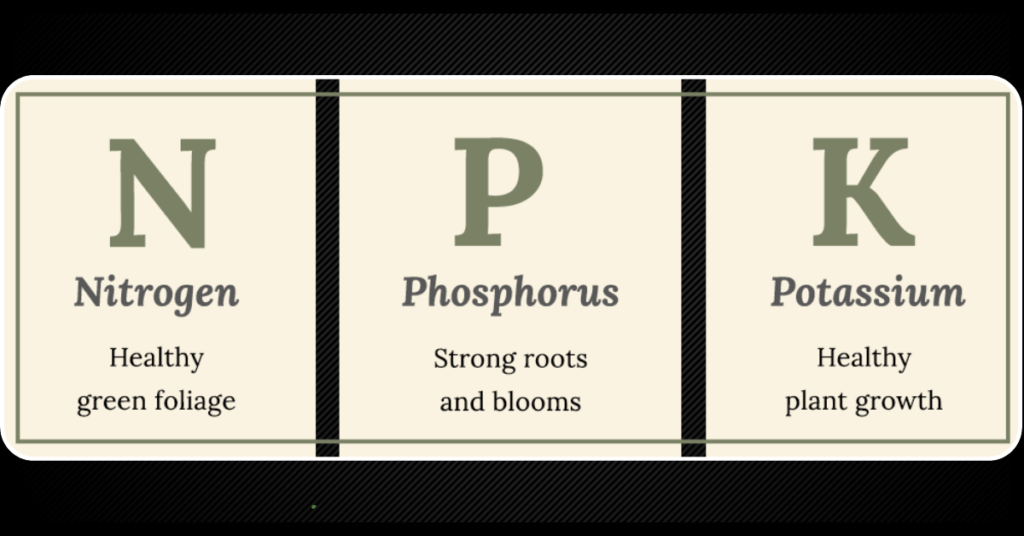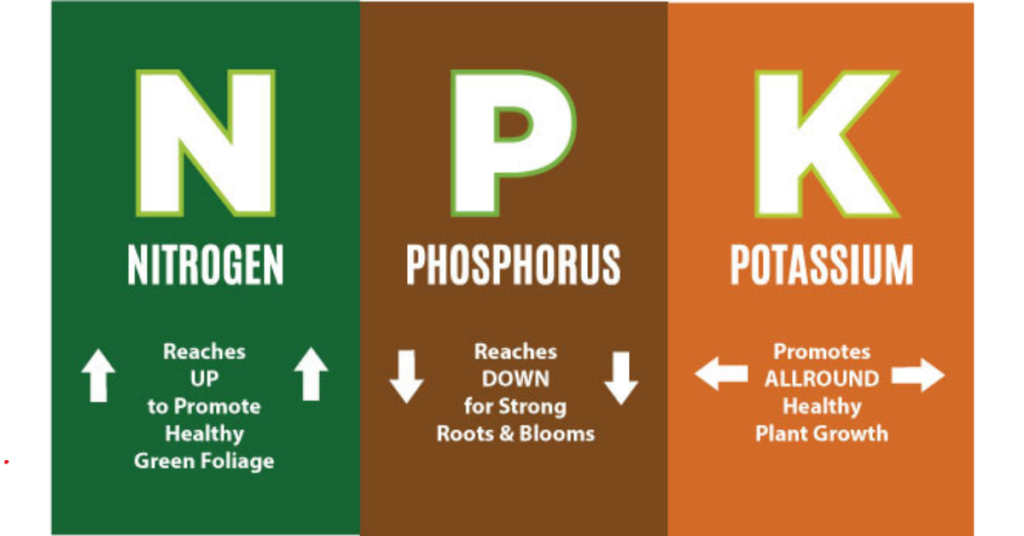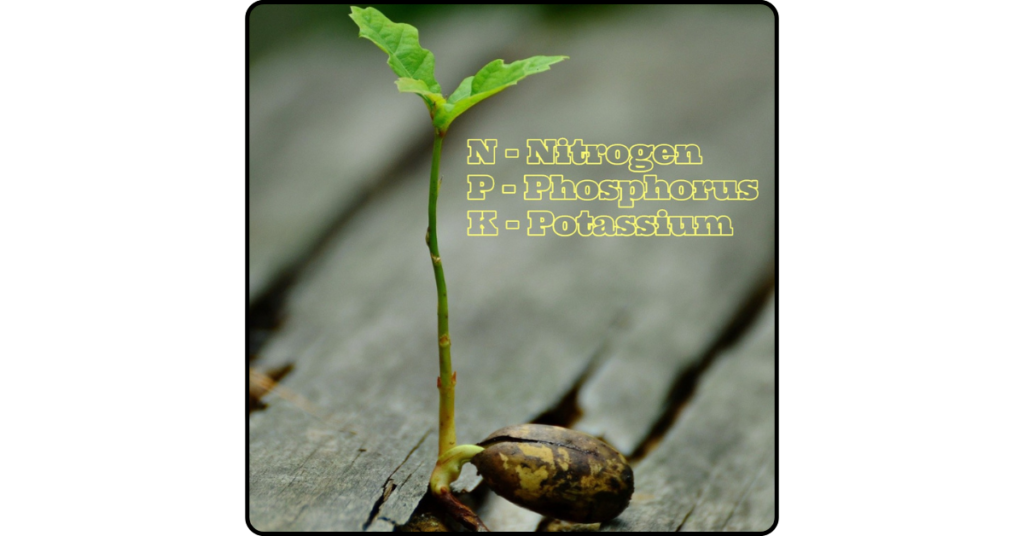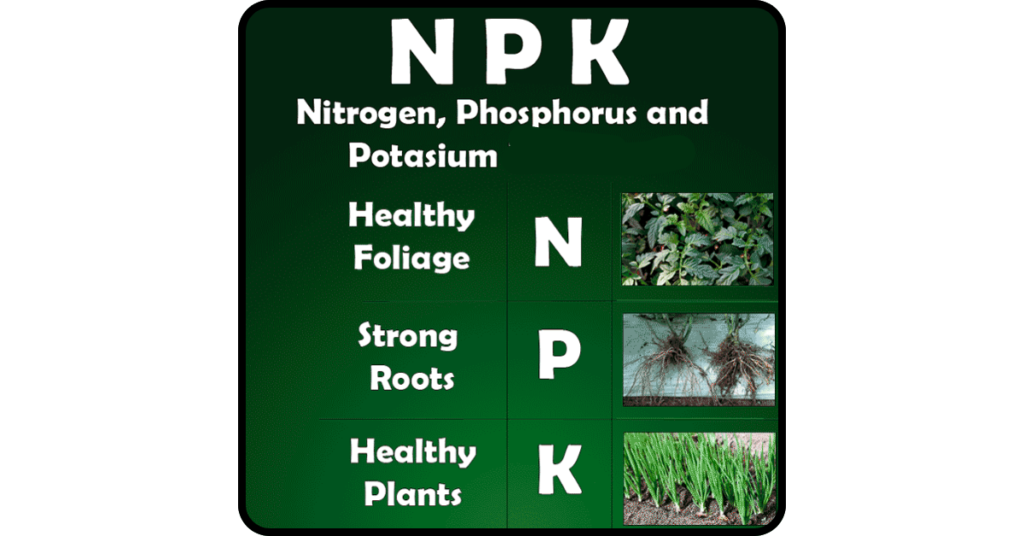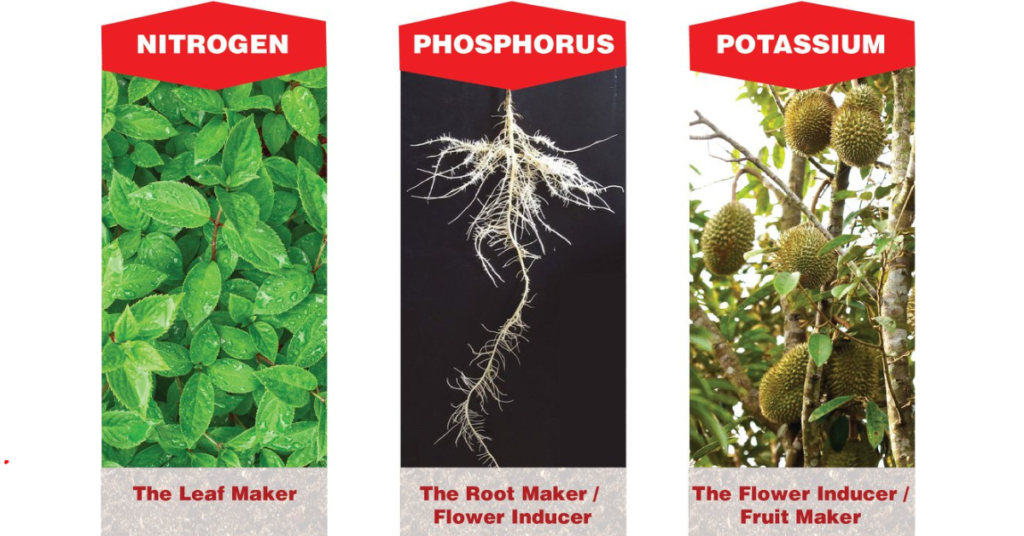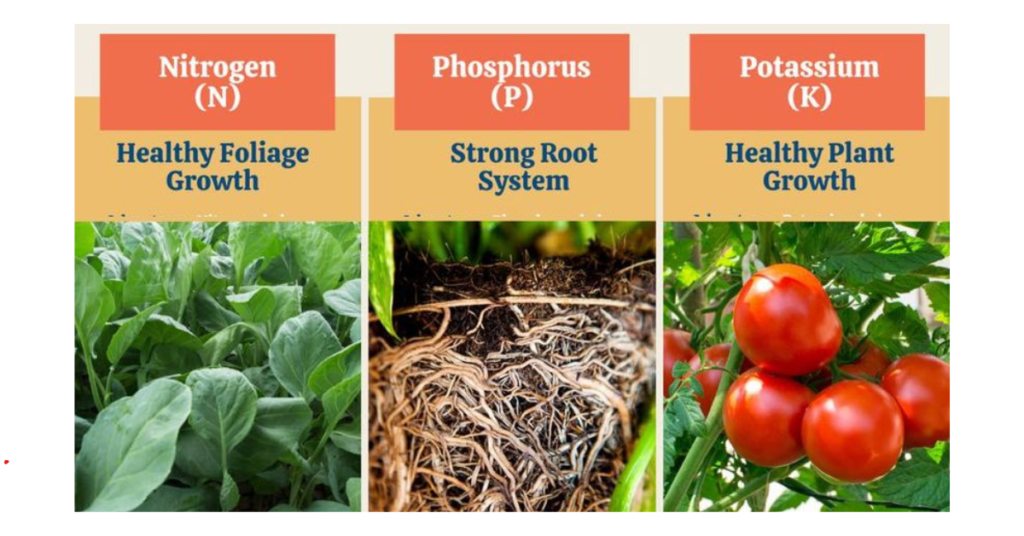“Types of NPK Fertilizers”
NPK fertilizers are essential tools in modern agriculture, providing a balanced mix of Nitrogen (N), Phosphorus (P), and Potassium (K) to support various stages of plant growth. Understanding the different types of NPK fertilizers is crucial for effective nutrient management. High-nitrogen variants boost vegetative growth, high-phosphorus types enhance root development and flowering, and high-potassium formulas improve fruit quality and disease resistance. Additionally, balanced, slow-release, liquid, and organic NPK fertilizers cater to diverse agricultural needs, ensuring optimal plant health and sustainable farming practices.
“Types of NPK Fertilizers” Read More »
